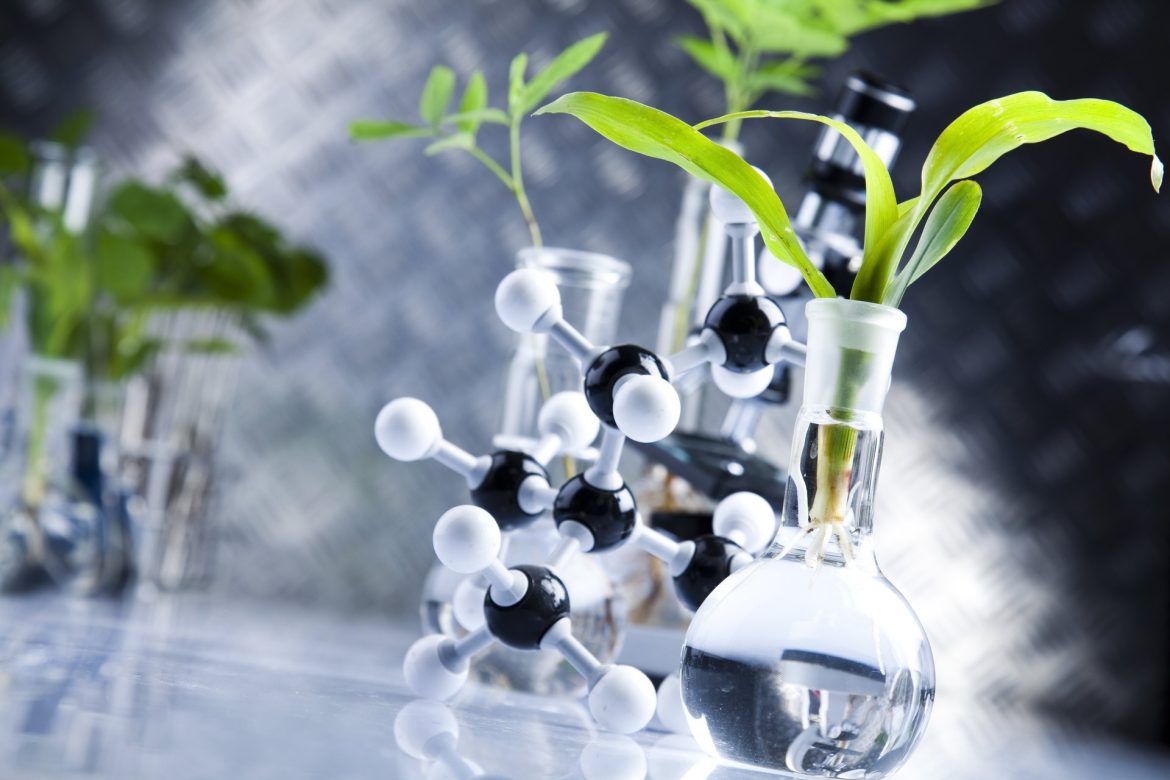Unleashing Potential with Synthetic Biology
Synthetic biology, a revolutionary field that combines biology and engineering, is set to transform various sectors, most notably medicine and agrotechnology. By redesigning organisms for useful purposes, synthetic biology enables scientists and engineers to create solutions that are not possible with traditional approaches. This article explores the promising prospects of synthetic biology in enhancing medical therapies and revolutionizing agricultural practices.
1. Synthetic Biology in Medicine
Genetic Therapies and Drug Development: Synthetic biology offers exciting opportunities in developing new genetic therapies and pharmaceuticals. Techniques like CRISPR and other gene-editing tools allow for precise alterations in genetic material, potentially curing genetic disorders by correcting mutations at their source. Moreover, synthetic biology can streamline drug development processes, enabling the rapid design and production of more effective and personalized medications.
Tissue Engineering and Regenerative Medicine: Synthetic biology also plays a critical role in tissue engineering and regenerative medicine. Scientists are using synthetic biology to create biocompatible materials and even synthetic cells that can mimic or replace human tissues. This innovation holds promise for regenerating damaged tissues, engineering organs for transplantation, and developing models for studying diseases and testing drugs.

